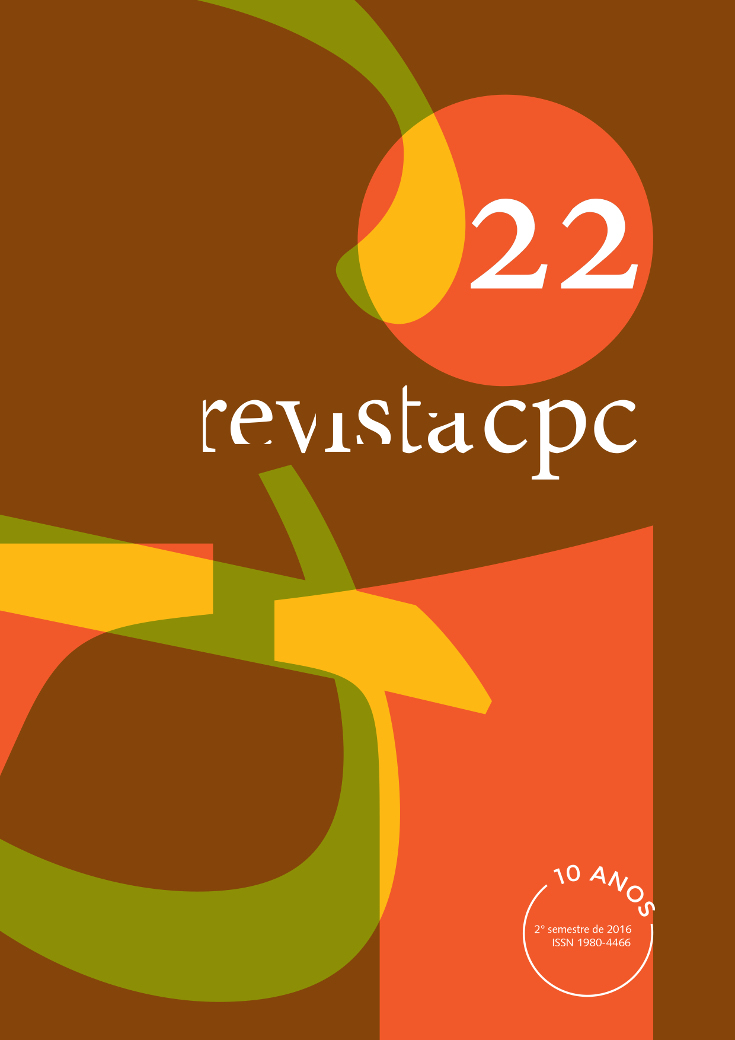Patrimônio ambiental urbano: uma retomada
DOI:
https://doi.org/10.11606/issn.1980-4466.v0i22p70-91Palavras-chave:
Patrimônio cultural, Patrimônio ambiental urbano, Planejamento territorialResumo
O presente artigo aborda as tentativas de ampliação das ações de preservação em São Paulo, no decorrer das décadas de 1970 e 1980, por meio do conceito de patrimônio ambiental urbano, enfatizando sua formulação como resultado das relações entre as novas questões metropolitanas, ambientais e culturais que então se colocavam. Tendo surgido no campo da gestão territorial, com a contribuição da área de preservação do patrimônio, ficou atrelado a este âmbito. Desde o início, foi objeto de atenção e discussão de profissionais de distinta formação – arquitetos, historiadores e geógrafos, entre outros -, tendo recebido diferentes enfoques e entendimentos. Retomar o contexto em que surgiu o conceito e as tentativas de sua aplicação contribui para recuperar o seu percurso e suas diferentes interpretações. De caráter inovador, o patrimônio ambiental urbano teve uma trajetória curta nos discursos de preservação do patrimônio, apesar de ainda se mostrar um conceito pertinente e atual na busca de proximidade entre as práticas de preservação e os anseios sociais de reconhecimento de identidades diversas.
Downloads
Downloads
Publicado
Edição
Seção
Licença
- Os autores mantêm os direitos autorais e concedem à revista o direito de primeira publicação, com o trabalho simultaneamente licenciado sob a Licença Creative Commons Attribution que permite o compartilhamento do trabalho com reconhecimento da autoria e publicação inicial nesta revista.
- Os autores têm autorização para assumir contratos adicionais separadamente, para distribuição não exclusiva da versão do trabalho publicada nesta revista (ex.: publicar em repositório institucional ou como capítulo de livro), com reconhecimento de autoria e publicação inicial nesta revista.
- Os autores têm permissão e são estimulados a publicar e distribuir seu trabalho on-line (ex.: em repositórios institucionais ou na sua página pessoal) a qualquer ponto antes ou durante o processo editorial, já que isso pode gerar alterações produtivas, bem como aumentar o impacto e a citação do trabalho publicado (Veja O Efeito do Acesso Livre).








